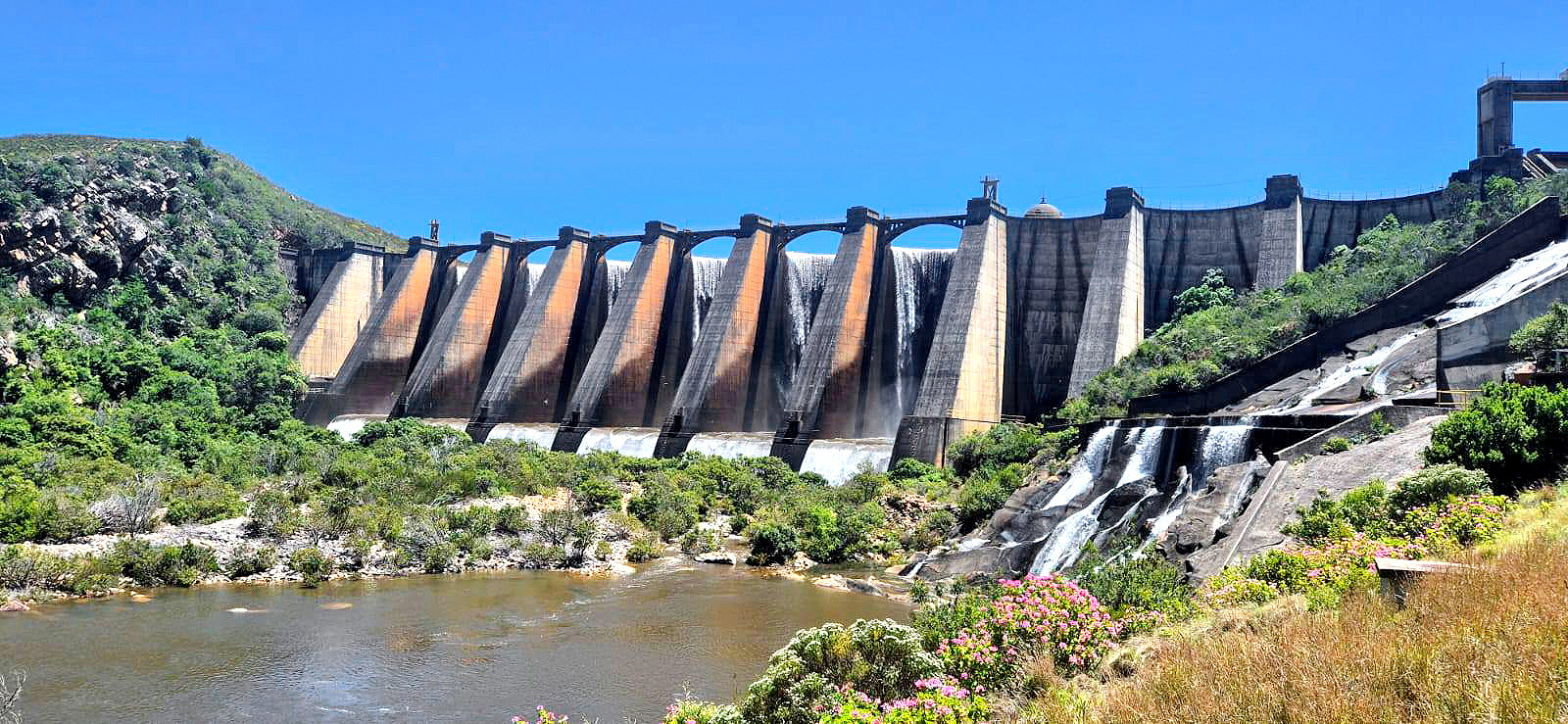The Nelson Mandela Bay municipal council last week finally lifted punitive water tariffs that were levied against ratepayers as a way to address a devastating drought in the area that was broken in 2023.
Councillor Dries van der Westhuyzen, who brought no fewer than three motions before council to effect this change, said his achievement is not about political gain but about the power of collective action and the determination of residents to fight for fairness and accountability.
The decision came as a petition for the lifting of punitive water tariffs was gaining ground in the metro.
“For over a year, the devastating impact of these tariffs has been felt across the metro, with families and businesses struggling to keep up with rising costs amidst a water crisis that no longer reflects our current dam levels. The impact of the tariffs was harsh, and was unnecessarily prolonged by the [metro] government, costing families dearly at a time of a cost-of-living crisis,” said Van der Westhuyzen, from the DA.
“This outcome proves that when the people of Nelson Mandela Bay stand together, their voices cannot be ignored. It is a reminder that governance is not about political dominance but about listening to and acting in the best interest of the people.”
In his several motions before the council, Van der Westhuyzen said the higher tariffs were nothing but a money-making scheme.
“There is no emergency … The current water restrictions are unjust, immoral and an unnecessary burden on residents,” he said.
“The Department of Water and Sanitation (DWS) confirmed that it has not imposed punitive water tariffs on Nelson Mandela Bay. This further highlights that the municipality’s refusal to remove these tariffs is unnecessary and an intentional decision to continue draining cash-strapped consumers.”
The punitive tariffs were originally imposed in Nelson Mandela Bay as a devastating drought of more than seven years saw the metro’s supply dams almost deplete. Since then, there have been two floods and good rain for the past year.
According to the DWS dashboard, the dam levels for the metro’s biggest dams are: Kouga 98% and Impofu 62.5%.
Read more: Nelson Mandela Bay counts flooding costs — three dead, 3,000 displaced, electricity and sewage systems down
The metro’s senior director of water and sanitation, Barry Bartin, has publicly claimed that the DWS enforces the metro’s water restrictions. However, the department has said it was not keeping the emergency tariffs in place.
“What we have requested is that the municipality needs to deal with the issue of non-revenue water by implementing the water conservation and demand management plans. While these include restrictions, they also include dealing with illegal connections, water leaks and revenue collection systems as well as high water consumption,” said department spokesperson Wisane Mavasa.
Read more: Better maintenance could have reduced flooding in Nelson Mandela Bay — business chamber
In a subsequent communication to residents, Van der Westhuyzen said there still are some unresolved issues with regard to the punitive water tariffs, including monthly restrictions. He said the municipal restrictions barring the use of hosepipes remain in place.
Nelson Mandela Bay Executive Mayor Babalwa Lobishe said during a post-council meeting press briefing on Friday that the reason for the delay was ongoing engagements with the DWS.
“We received a positive response that we are in the safe zone. So we have relaxed them [the punitive water tariffs],” she said.
The ACDP’s Lance Grootboom said residents cannot be punished for the wastage in the city.
“They have been punishing residents for a long time now.”
He said the debtors’ book shows that the residents could not keep up with the punitive water tariffs. Grootboom added that the problem of leaks must still be addressed.
According to its latest annual report, the metro is losing about R250-million a year in non-revenue water due to leaks and illegal connections. In September, a new system using pressure-reducing valves was installed to reduce water losses and allow for improved meter readings. DM
South Africa
Nelson Mandela Bay council scraps punitive water tariffs – after two floods and a petition
Two floods later, the Nelson Mandela Bay council last week finally lifted punitive water tariffs that were levied to address a devastating drought in the area up to 2023.





